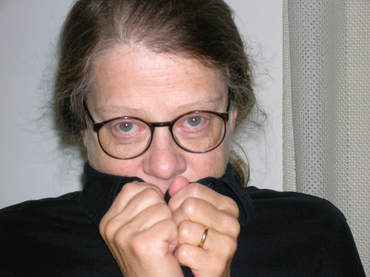 The following is an excerpt from Kevin “Mc” McIlvoy’s new book, 57 Octaves Below Middle C, available at Four Way Books:
The following is an excerpt from Kevin “Mc” McIlvoy’s new book, 57 Octaves Below Middle C, available at Four Way Books:
“At dusk, as always, Bender sang to us”
At dusk, as always, Bender sang to our congregation, silver
hair greasing her blouse, tin on the toes of her boots.
When we were grade-school children, she and I liked duct
tape. We liked it like you could never believe. Our favorite
thing to steal from the corner store was that silver coil. The
way it ripped across, how it stretched over. It gripped!
She stood on the white twenty-gallon empty drum, her boot
heels burning the plastic, her tempo uneven. We were a
communion of over a dozen church-bums who loved her
and were frightened by her hawk-at- the-tree- crown and
hawk-on- the-glide shoulders and head, her wings at her
sides, her hands palms out, fingers curled up.
Bender and I once duct-taped a picture of our father, who
was dying in the Simic State Penitentiary hospital, to a globe
sent by our Aunt Horror. On the globe our father clung to
the deep South. He spun fast without flying off. When the
globe slowed down, his head did a half-turn on his neck,
then a turn back by half that. We tore the thing apart, duct-
taped the entire planet, kicked it anywhere we wanted.
Dented part of Asia, most of Antarctica. Had to re-tape. [read more here]







 Two poems by Paul Otremba appear in
Two poems by Paul Otremba appear in 
 A poem by Gabrielle Calvocoressi appears in
A poem by Gabrielle Calvocoressi appears in 